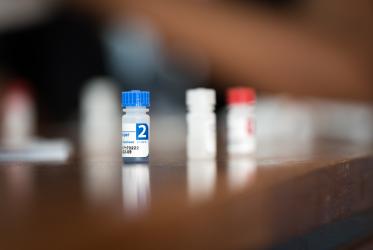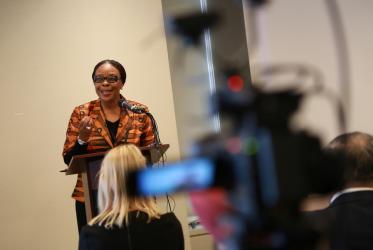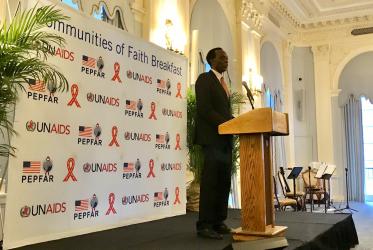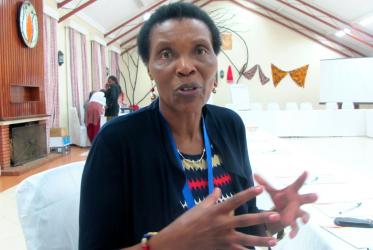Displaying 1 - 20 of 23
In Zambia, foreign investors complicate “economy of life”
06 September 2017
GEM School: integrating theology and economics
05 September 2017
Applications open for WCC Eco-School
10 May 2017
Youth engagement fundamental to HIV response
18 April 2017
Zambia: “On HIV, we do not compete. We work together.”
20 October 2016
Kenya: Voice of faith communities crucial in overcoming HIV
14 October 2016
Land rights focus of panel discussion
17 November 2015
Churches have a special role to play in HIV response
18 November 2014












